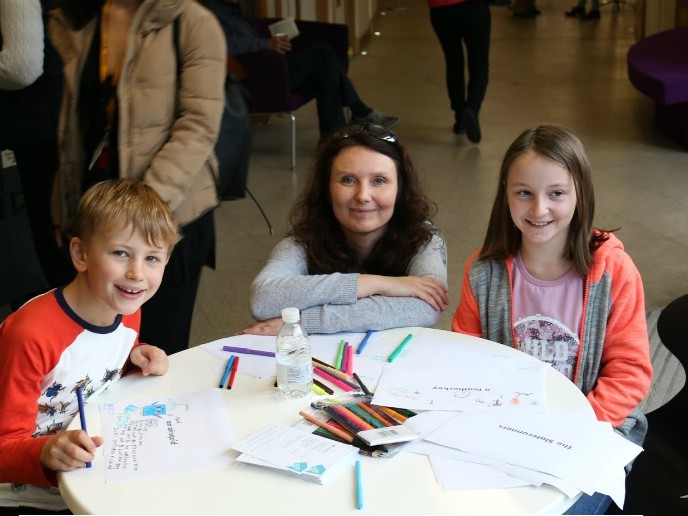Novel educational approach minimises student behavioural problems
Student education has its fair share of challenges, especially when it comes to integrating students with special needs, from poorer backgrounds or from immigrant families. Behavioural problems also weigh in on these challenges, from tardiness to bullying. Addressing these issues requires an inclusive social culture that integrates and engages students and teachers in a positive and successful way. With this in mind, the EU-funded ESPISE-3P(opens in new window) (Establishing safe, positive, inclusive school environments: The three-tiered prevention paradigm) project implemented a new framework called Schoolwide Positive Behaviour Support (SWPBS) that provides a preventative instructional approach to school discipline. Developed in the United States, the framework espouses a strategy involving prevention science, applied behaviour analysis and organisation management. The framework was implemented across elementary schools in the state of North Carolina (United States) and in Cyprus to demonstrate its validity. In addition, the project team built a culturally responsive model for the elementary schools of Cyprus, tested it and refined it. ESPISE-3P then outlined the key features that encourage successful SWPBS implementation, simplifying common school-wide practices and streamlining teacher language for providing remedial and positive feedback to students. In Cyprus, the framework was implemented in 2 elementary schools, resulting in a decrease of over 40 % in problem behaviours. Procedural integrity of SWPBS implementation ranged between 67 % and 77 % for the 2 schools. Rather than the traditional punitive and reactive approach, the new framework enabled school staff to adopt a more welcoming and inclusive approach for all students. This reshaped and advanced the roles of local school discipline committees, which migrated to a problem-solving and positive-based approach that diminishes behavioural problems and encourages socialisation. The result was improved student achievement, less need for seeking external support to address severe discipline problems and better socioeconomic conditions in schools. The resulting research is pivotal for helping policymakers and the Ministry of Education in Cyprus in allocating resources and funding to address students with the most academic and social needs. It will also help teacher advocacy groups such as teacher unions and parent organisations in advancing a better educational model.







